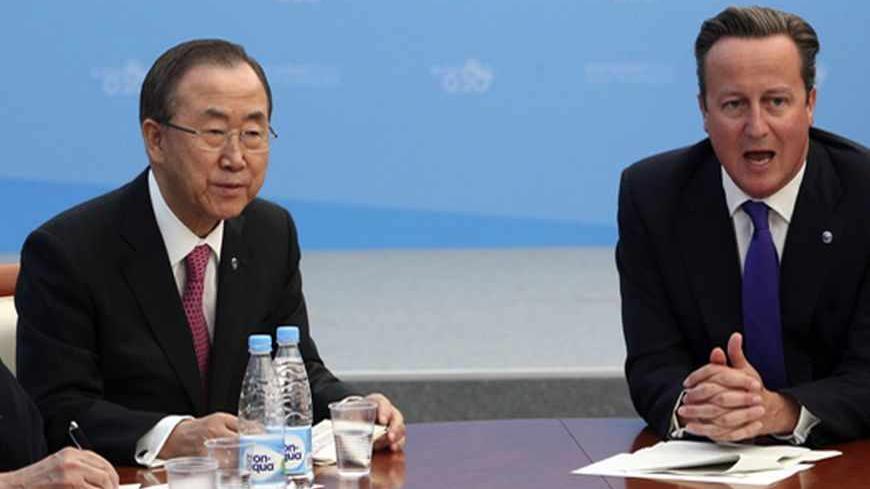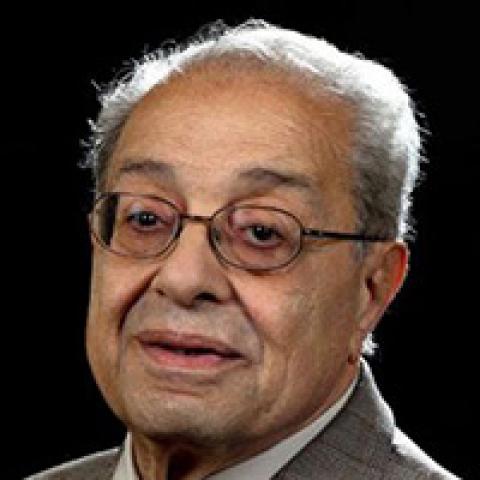It is now a proven fact that chemical weapons were used in Syria. As a result, nearly 1,450 people died, one-third of them children. The Obama administration asserts that the Bashar al-Assad regime is the culprit, which undertook these clear violations of international humanitarian law and the treaty that bans the chemical weapons use. It will be far more legitimate if a military strike will take place as a resolution under Chapter 7 of the UN Security Council. The reason that the United States is reluctant to undertake such an initiative is because it anticipates a Russian veto.
Seeking authorization from US Congress appears to be difficult in view of the reluctance at this time of a significant number of members of the House of Representatives to endorse authorization. Public opinion in many parts of the United States in turn is overwhelmingly lobbying their representatives in Congress not to endorse any such military act.



